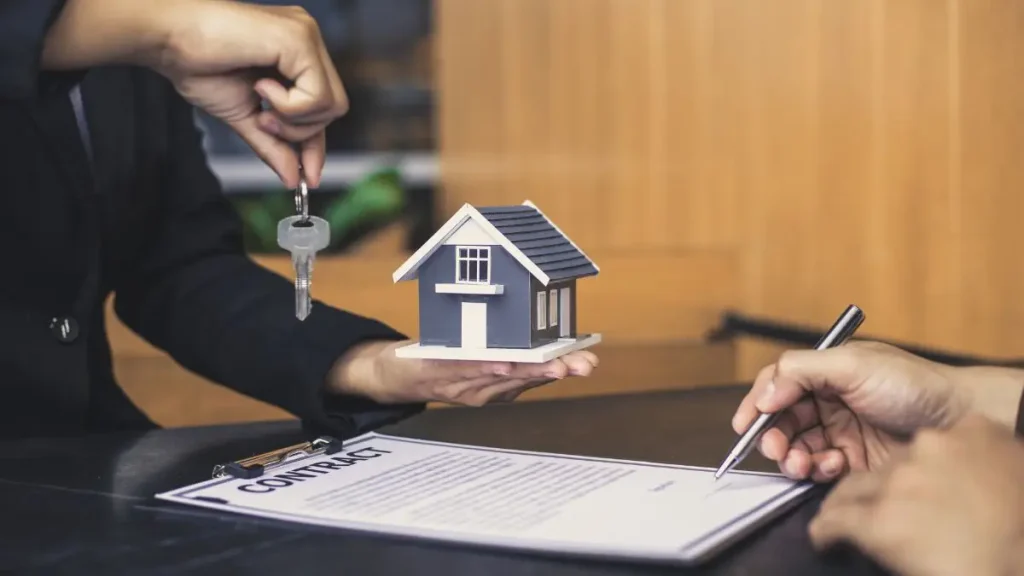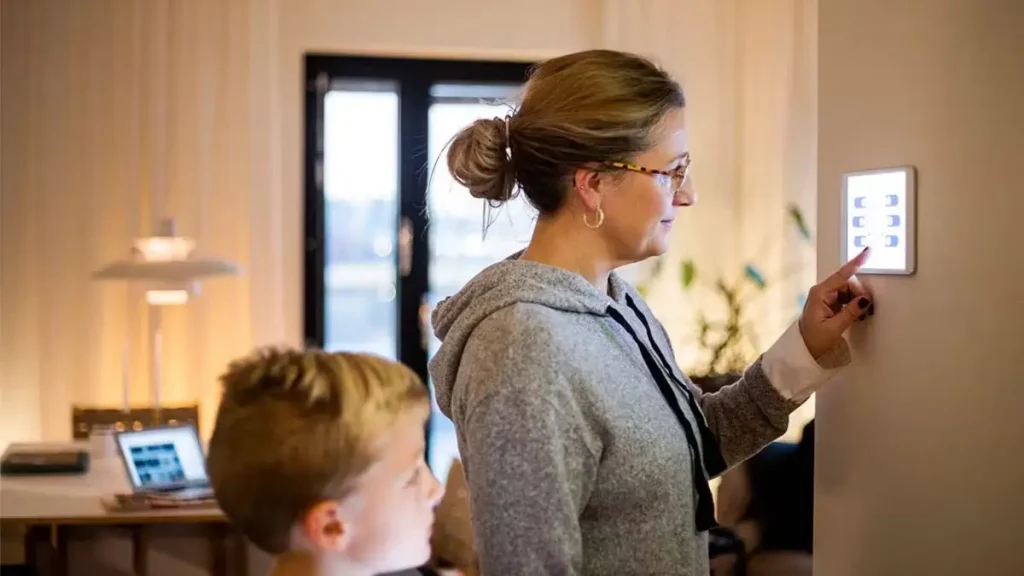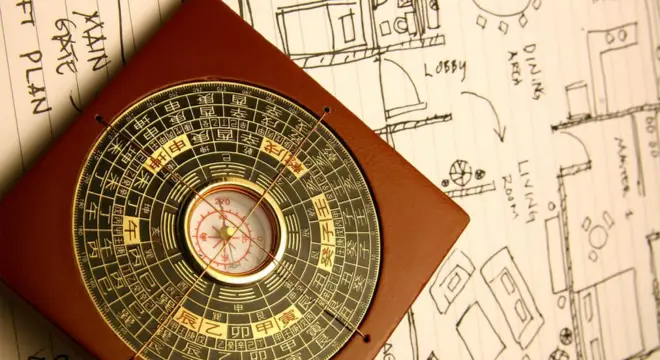Vastu Energy Secrets Every New Homeowner Should Know
Buying a home is more than a financial decision—it’s about building a safe, peaceful space that supports your energy, family, and future. In India, where cultural beliefs often blend with modern choices, Vastu Shastra continues to influence how first-time buyers judge a home’s true worth.
But is Vastu just superstition? Or can it actually enhance your home’s energy, flow, and even security?
In this guide, we’ll break down Vastu in a beginner-friendly way—while showing you how its principles align with smart home planning, layout decisions, and a deeper sense of protection. Whether you’re house-hunting or settling into a new home, this article gives you the clarity you need.
Understanding Vastu Shastra – Energy, Flow & Harmony
At its core, Vastu Shastra is about energy alignment—guiding the flow of natural elements like light, air, and sound through your space. Originating over 5,000 years ago, it’s a design system rooted in directional science, environmental harmony, and intentional architecture.
For example:
- North-East is considered ideal for light and water flow (symbol of clarity and life).
- South-West is meant for strength and stability—often suggested for master bedrooms or heavy storage.
- Main entrance direction plays a key role in how energy (and people) enter your home.
Think of Vastu not as a rigid rulebook, but as a tool to enhance how your home feels and functions.
While modern homes may not always follow Vastu exactly, the principles can still influence layout improvements, especially for first-time buyers trying to build a home that feels right—not just looks right.
Key Vastu Tips Every New Homebuyer Should Know
Even if you’re buying a flat or moving into a ready-made home, there are simple Vastu tips that can positively affect your living experience:
- Entry Point Matters: Prefer entrances from the North or East. These directions invite morning sunlight, which improves mood and energizes the space naturally.
- Avoid Toilets in North-East: This zone is considered sacred and should remain clean and open. A toilet here could affect both mental clarity and emotional calm.
- Cook Facing East: Kitchens placed in the South-East with the cook facing East is said to maintain digestive energy, warmth, and domestic harmony.
- Master Bedroom in South-West: Offers grounding energy, especially for heads of households. It’s believed to support better decision-making and emotional stability.
- Staircases in the South or West: Improves structural energy. Placing stairs in the North-East can suppress natural upward energy, creating imbalance.
Even if your home doesn’t tick all Vastu boxes, aligning a few key elements can boost both peace of mind and personal security—two goals every homebuyer has.
Practical Vastu Tips for First-Time Buyers

Vastu doesn’t require tearing down walls or full home renovations. Even simple layout tweaks can improve your home’s energy, comfort, and functionality—especially when you’re just starting out. Below are beginner-friendly tips you can actually use:
- Check the plot shape before buying: Aim for square or rectangular plots. These shapes promote balanced energy flow and are often easier to design around. Irregular plots can affect both Vastu alignment and market value.
- Keep the north-east direction open and clean: This is the energy intake zone. Avoid placing heavy furniture, closed cabinets, or clutter here. Use it for a meditation corner or indoor plants to keep it active and positive.
- Ensure proper lighting at the main entrance: A well-lit entrance offers not just a positive feel but also adds to safety and visibility. Avoid dark or shadowy corners near the door.
- Avoid overhead beams in commonly used areas: Beams above beds or sofas are thought to block energy and create discomfort. They can also give a cramped visual effect, which impacts mental peace.
- Maximize natural light, especially from the east side: Homes that receive morning sunlight often feel fresher and more inviting. It’s also great for reducing electricity use and improving overall indoor air quality.
These tips can make your home feel more balanced—even if you didn’t choose it based on Vastu originally.
Which of these Vastu ideas do you think you’d try in your own space? Let us know in the comments — we’re gathering real homebuyer feedback to improve our guides.
Blending Traditional Belief with Smart Buying Decisions
In today’s market, first-time homebuyers often face a conflict—choose a perfectly located home, or follow strict Vastu? The answer doesn’t always have to be one or the other.
By treating Vastu as a layer—not a restriction—you can make better choices about layout, design, and energy balance. Many modern real estate builders now offer Vastu-compliant options, or at least provide flexibility for post-buy adjustments.
For example, minor adjustments like placing mirrors strategically, using colors like white or yellow in the North-East, or changing room usage (like making a study instead of a bedroom in a conflicting zone) can help align the space without massive changes.
This growing interest shows that today’s buyers want homes that aren’t just “built right,” but also feel right. Vastu can be a tool to help create that emotional and energetic comfort.
Learn how to enhance the energy flow in your west-facing home with Vastu principles for a more balanced living environment.
Signs Your Home’s Energy Needs Correction
Even if a home looks modern and functional, it may still give off an unsettled or uneasy vibe. That discomfort can sometimes be traced back to energy imbalances, which Vastu can help identify.
Here are subtle signs your home’s energy might need some balancing:
- You constantly feel mentally drained or irritable at home.
- Plants in certain areas don’t thrive despite good care.
- Your main entrance feels too dark or blocked.
- Appliances break down frequently in one particular part of the home.
- You feel unmotivated to stay in or maintain certain rooms.
These signs don’t always mean something is “wrong” in a supernatural sense. They can point to natural lighting issues, blocked airflow, or poor layout—all of which can be addressed.
Home Improvement Ideas That Enhance Energy & Security

Now let’s move from identifying problems to solving them. Here are easy home improvement ideas that not only enhance positive energy but also boost your home’s security—especially important for first-time buyers:
- Declutter major pathways and corners: Especially in the north-east and center of your home. A clean flow improves both movement and mental clarity.
- Install motion-sensor lights at entry points: Good lighting increases positive energy and adds a protective barrier. Vastu supports bright entrances, and from a safety perspective, it’s a strong deterrent to intruders.
- Use mirrors wisely: Placing a mirror in the dining area can symbolically double your prosperity. But avoid mirrors facing the bed or entrance—these are said to reflect energy outward.
- Add smart locks or security cameras at key points: Security upgrades can work hand-in-hand with Vastu guidelines. For instance, placing security cameras in the south-west or near blind spots adds both peace of mind and protection.
- Introduce plants like basil or peace lily indoors: Not only are these considered positive by traditional standards, but they also purify the air and improve indoor health conditions.
These changes can be done room-by-room over time, making your space both safer and more aligned with positive energy principles.
Creating Emotional Peace in Your Home
The true value of applying Vastu is not just in how your home looks or functions, but in how it makes you feel. Emotional peace is a key aspect of Vastu, especially for those who seek a sanctuary away from the stresses of daily life. Here’s how to create that peaceful ambiance:
- Focus on color balance: Soft colors like light blues, greens, or whites help create calmness. Avoid heavy, dark shades in bedrooms or common areas, as they can foster negativity or stress.
- Incorporate soothing sounds: Consider adding a small water feature or wind chimes to your home. These subtle elements improve airflow and sound vibrations, encouraging peace and relaxation.
- Create a space for meditation or reflection: Whether it’s a quiet corner or an entire room, setting aside time and space for mindfulness can help you reset mentally and emotionally after a busy day.
- Ensure furniture placement promotes easy flow: Avoid placing large furniture in ways that block doors or windows. Furniture should encourage movement and openness, both physically and energetically.
When your home promotes emotional balance, your overall well-being improves, making it a space you’ll always want to return to.
Final Thoughts
As a first-time homebuyer, balancing practicality with cultural beliefs can be tricky. But when you integrate Vastu principles with modern-day security upgrades, you create a home that not only meets your safety needs but also supports emotional well-being and energetic harmony.
By being mindful of the natural flow of energy and small tweaks to your home’s layout and decor, you can create a space where both security and peace thrive. Don’t feel pressured to make drastic changes immediately—start small and see what resonates with your unique living situation.
Remember that Vastu doesn’t dictate your choices but offers guidance to make your space more balanced, inviting, and secure.
For more insightful tips on home security, improvement, and maintaining a harmonious living space, don’t forget to follow us. We’re constantly sharing tips and advice to make your home feel secure and balanced.
Disclaimer: The information in this article is intended for general guidance on Vastu Shastra and home security. While the tips provided can help improve your home’s energy flow and security, results may vary. These suggestions are not a substitute for professional advice. For personalized recommendations, please consult a qualified expert. We are not responsible for any outcomes resulting from the application of the advice in this article.


